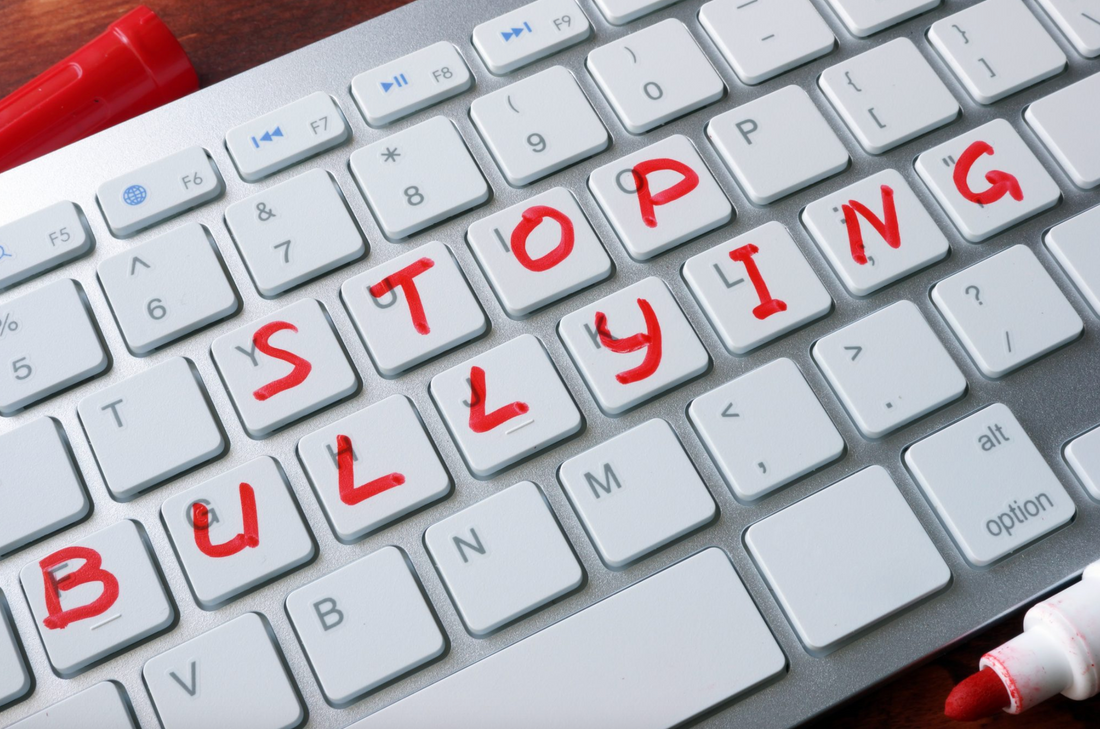
Bullying in Adulthood: How Bullying Affects Women and What We Can Do About It
When we hear the word bullying, most of us think of schoolyards, but the reality is that bullying doesn’t end when childhood does.
For many women, it continues into adulthood — in workplaces, friendship groups, families, and increasingly online.
Adult bullying can be subtle, but its impact is significant.
Studies link workplace bullying, social exclusion, and online harassment to poor mental health, reduced career progression, and strained relationships.
Understanding how bullying affects women is the first step to creating safe, supportive environments for all of us.

What Bullying Looks Like for Women
Bullying in adulthood is more than a one-off argument or occasional unkind comment. It’s repeated, deliberate behaviour that creates a power imbalance. Common examples for women include:
-
Hurtful or harassing text messages and emails
-
Sharing private or embarrassing photos without consent
-
Spreading gossip or rumours in social or work circles
-
Exclusion from groups, conversations, or events
-
“Banter” used to disguise cruel comments
-
Workplace bullying — being undermined, isolated, or targeted by a colleague or manager
-
Online bullying — fake accounts, cyberstalking, nasty comments, judgemental comments designed to embarass and shame or humiliating posts
The Impact of Bullying on Women’s Wellbeing
Bullying is not “just part of life.” It has very real and lasting effects, such as:
-
Mental health struggles – anxiety, depression, stress, and low self-worth
-
Physical health symptoms – headaches, fatigue, gut issues, and sleep problems caused by stress
-
Workplace challenges – reduced confidence, lower productivity, and stalled career growth
-
Strained relationships – bullying often leads to isolation, mistrust, and loss of social connections
For women navigating perimenopause, menopause, or other life transitions, bullying can feel even heavier, affecting hormone balance, resilience, and overall wellbeing.
How Women Can Stand Up to Bullying
Breaking the cycle of bullying takes both courage and community. Here are some ways to respond:
-
Don’t join gossip – silence speaks volumes.
-
Support other women – check in with those who seem excluded or targeted.
-
Call out cruelty – especially “jokes” that cause harm.
-
Document it – keep records of messages, incidents, or workplace interactions.
-
Seek support – whether from HR, trusted friends, or professionals.
-
Report online abuse – via the eSafety Commissioner.

Building a Kinder Community
At Zing Wellbeing, we believe no woman should feel alone, judged, or silenced and we fully aware of the negative effect on our mental health that bullying can have on women.
Our community is built on support, kindness, and connection. When women stand together against bullying, we create safer, healthier spaces for ourselves — and set a stronger example for future generations.
We are also BIG advocates of encouraging women in our community to always be kind in our support groups and we have clear rules that if people are not kind to eachother and make nasty comments they will be removed from the group as we cannot allow any type of bullying to be part of what we do. You can join our support community here
And here is a great article which talks about the effect of negative comments can have on women.

